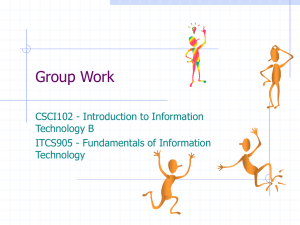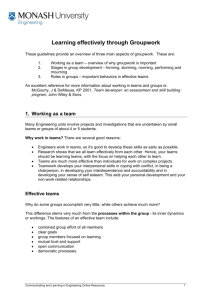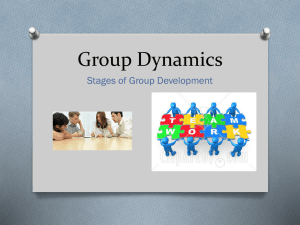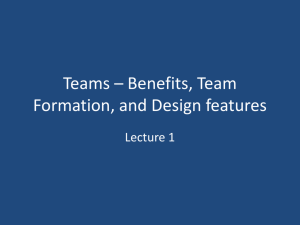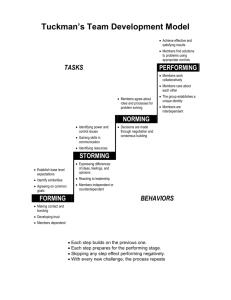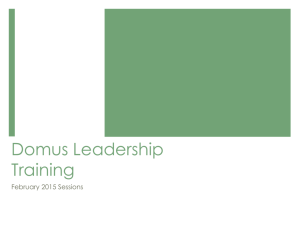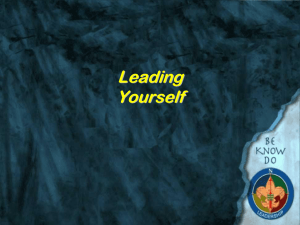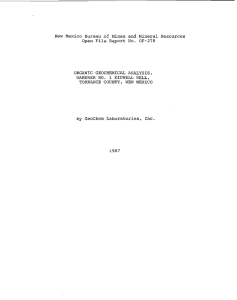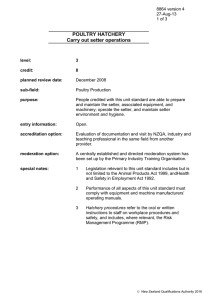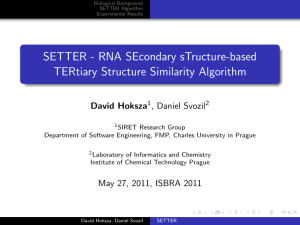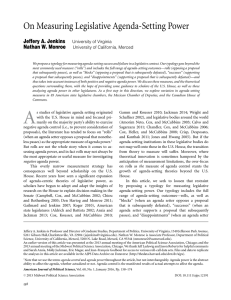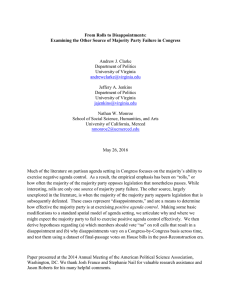Group Work and Report writing
advertisement
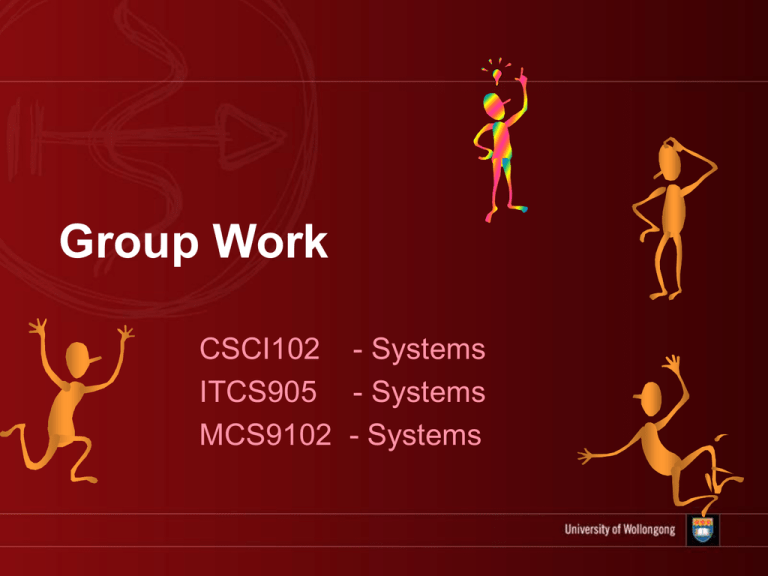
Group Work CSCI102 - Systems ITCS905 - Systems MCS9102 - Systems Overview • • • • 2 Group development Group roles Effective groups Report components Group Development • Groups generally pass through the following stages – Forming – Storming – Norming – Performing – Mourning 3 Forming – What Does the Group Need • • • • • 4 Clear goals and objectives Definition of tasks and roles Clear work plans To know what information is required An identification of group behaviour, standards and norms and ways to handle behaviour problems Forming – Group Members Feelings • • • • • Demonstrate excitement Participate hesitantly Show tentative attachment to the group Intellectualise Discuss symptoms or problems peripheral to the task • Be suspicious, fearful and/or anxious about the new situation • Accomplish minimal work 5 Storming • You may find that you and/or other group members exhibit – Infighting – Doubts about success – Low group morale – Polarisation of group members – Concern about excessive work – Disunity, increased tension and jealousy 6 Storming • You and/or other group members may – Set unrealistic goals – Resist the task demands – Establish a pecking order – Criticise group leaders or other group members – Complain 7 Norming – What Are the Rules of the Group? • You and/or other group members may – Attempt to achieve maximum harmony by avoiding conflict – Develop a high level of trust – Confide in each other, share personal problems and discuss group dynamics – Express emotions constructively 8 – Form friendships – Develop a sense of team cohesion with a common spirit and goal – Have high group morale – Establish and maintain group boundaries – Accomplish a moderate amount of work Performing • You and/or other group members may – Experience insight – Be willing to sort through group problems – Understand members strengths and weaknesses – Confide in each other, share personal problems and discuss group dynamics – Undertake constructive self change – Identify closely with the group 9 Mourning • You and/or other group members may: – Feel elated at the successful attainment of goals – Feel disappointed at unattained goals – Feel a sense of loss when the group is disbanded – Feel relief at the end of the process – Congratulate each other – Celebrate 10 Roles in the Group • Individuals within a team all have unique skills and strengths • An effective team does well because of the combined input of ALL its members • Any individual team member can play a number of different roles within the team 11 Roles in the Group • Roles are predetermined behaviours expected of people in a group • Some roles will feel natural - "I'm always the one who . . . " there will be other roles, however, which may be difficult, eg chairperson or presenter. Try and develop as many unfamiliar roles as possible 12 Roles in the Group • There are four main types of roles: – Task roles – Functional roles – Maintenance roles and – Dysfunctional roles 13 Task Roles • Some of the tasks you may need to do include: – Obtaining photographs – Preparing notes – Doing calculations – Evaluating data – Obtaining references – Preparing presentations 14 Functional roles • You may find yourself taking on such roles as: – Coordinator – Initiator – Information seeker – Information giver – Opinion seeker 15 – Evaluator – Clarifier – Summariser – Decision pusher – Opinion giver – Planner – Goal setter – Spokesperson – Deadline setter – Trouble-shooter – Progress monitor – Diagnoser Maintenance roles • You may find that your personal skills lend themselves to one or more of the following maintenance roles: – Encourager – Gatekeeper – Standards setter – Consensus tester – Mediator – Tension reliever – Listener – Volunteer 16 Dysfunctional Roles • Some of these roles include: 17 – Being aggressive – Withdrawal – Blocking or nit-picking – Being sarcastic or cynical – Competing – Blaming – Back stabbing – Taking all the credit – Seeking sympathy – Dominating – Clowning or joking to disrupt the work of the group – Manipulating Features of Effective Teams • The features of a team which is effective in what it does and how it does it include: – combined group effort – clear goals setting – achieving a learning orientation – mutual trust and support – open communication – democratic processes 18
